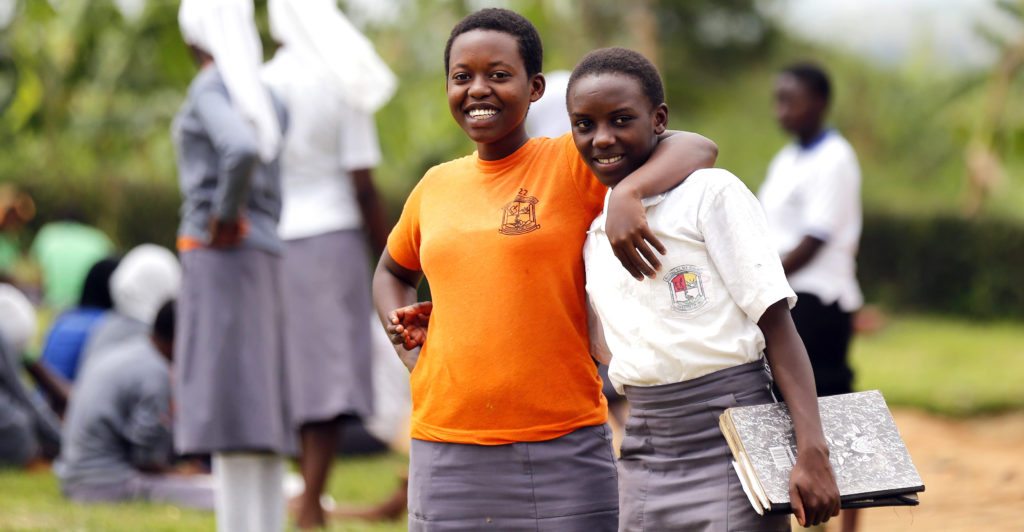A colleague returned from Uganda recently and told me about two young refugee women, Cherise and Vanesa, who are planning to become mechanics. Pursuing a goal that bucks gender stereotypes is impressive for any young woman in Uganda, but is especially impressive for Cherise and Vanesa, who as refugees have already faced more than their share of adversity. To hear about their confidence as they stand up to embrace the next challenge is beyond inspiring.
A UN Refugee Agency (UNHCR) report “Her Turn”, released yesterday for International Women’s Day, highlights the challenges refugee girls and women face, and the urgent need to provide education options. We know that in emergencies and conflict women and girls are especially vulnerable. They face dangers such as sexual violence and trafficking. Even if they avoid these direct threats, young girls risk being forced into early marriage to survive, or with few employment options can be vulnerable to exploitation in host countries.
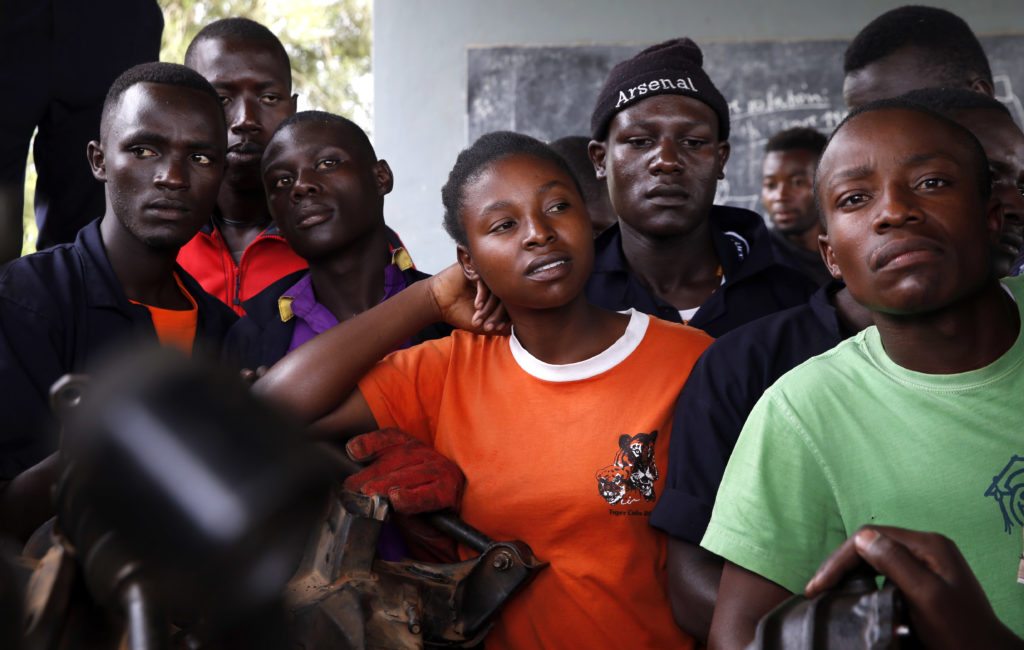
“Her Turn” explains that education is protective in a range of important ways: “It reduces girls’ vulnerability to exploitation, sexual and gender-based violence, teenage pregnancy and child marriage.” However, far fewer refugee girls than boys attend school. The report explains that, for example, in Uganda, only half as many refugee girls as boys enrol in high school.
This is part of the reason why long-term development and education programs that include girls and young women – such school and livelihoods skills – are so important for humanitarian agencies engaged in refugee response. Indeed, by considering the unique circumstances of women fleeing conflict, humanitarian agencies can target aid to do the greatest good. As the report emphasises, “Ensuring that refugee girls gain access to education is crucial to their empowerment and to the future prosperity of their families and communities.”
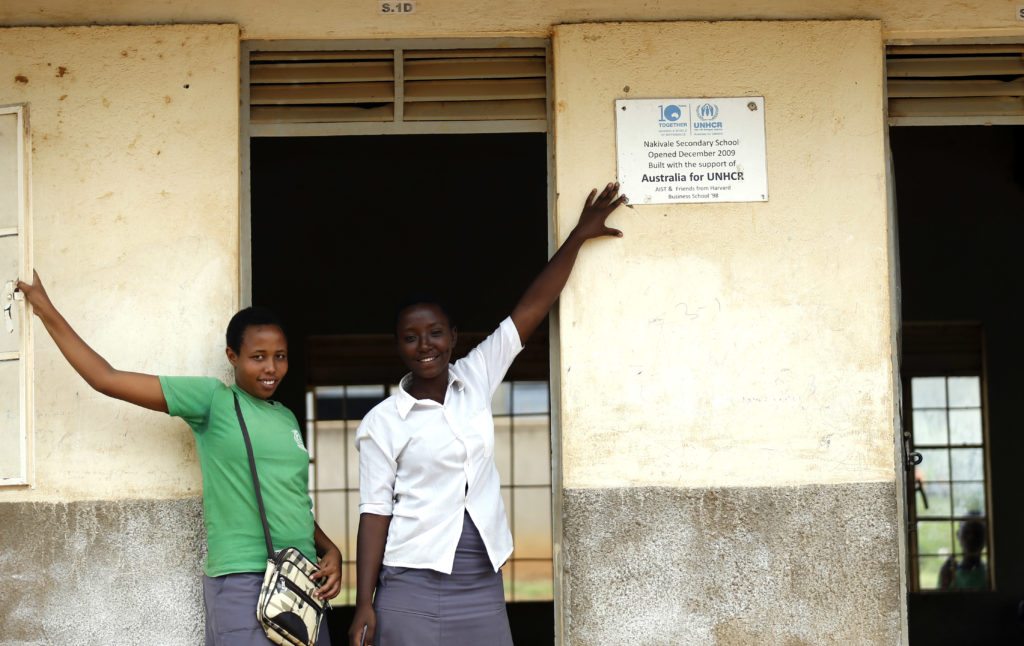
This is what Australia for UNHCR is striving to achieve through a new vocational training centre it is funding at the Kyaka II refugee settlement, where Cherise will study. The centre, which is currently under construction, will open this year, offering courses in mechanics, hairdressing, carpentry, electronics, hospitality and more. We have maintained a strong focus on engaging girls and young women to study there, to ensure they reap the benefits of education.
I remember a young woman I met last year in a refugee settlement in Uganda, near to where the new training centre is being built. Grace was bright and funny, and spoke French and English fluently. She had arrived from the Democratic Republic of Congo around 10 years earlier, fleeing a terrifying conflict marked by widespread human rights violations – physical mutilation, killings, and sexual violence. She was able to attend a high school funded by Australian donors in a nearby settlement. However, employment is difficult to find and – despite Grace’s enormous potential – without further education or skills training, her options would be severely limited.
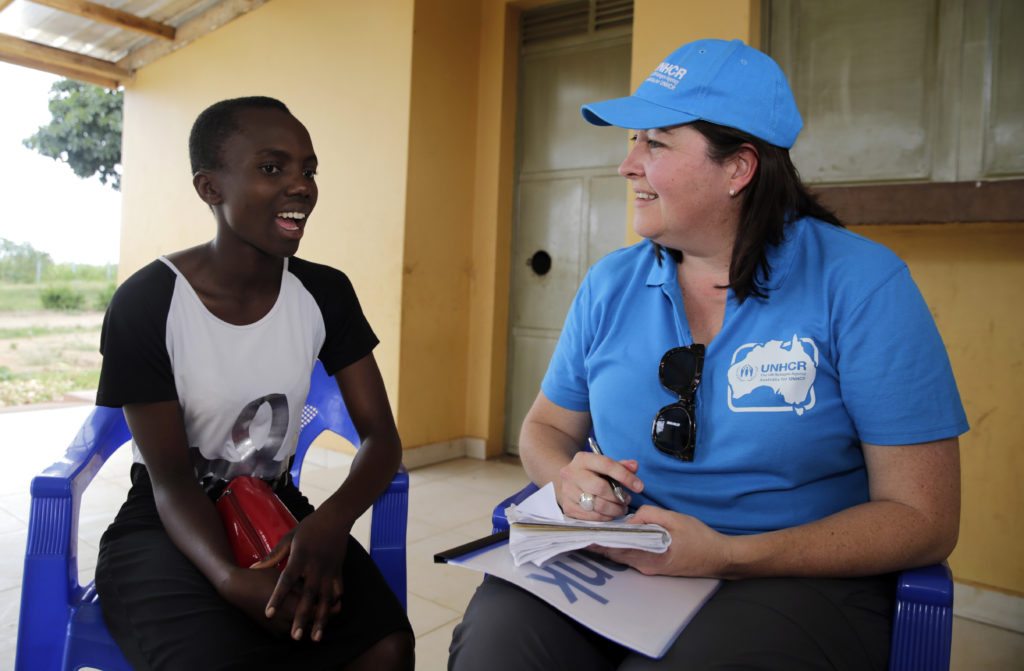
Fortunately for young women like Grace and Cherise, they will be able to study for accredited qualifications when the new centre opens this year, while Vanesa is already halfway through her course in a neighhouring settlement. It’s also fortunate for the community, for Uganda, for everyone, that these inspiring young women and other like them will be given the opportunity to fulfil their potential. These are tomorrow’s leaders, doers, businesspeople, who will make their mark on the world. It’s her turn.
As we mark International Women’s Day this week, let’s remember that by empowering women like Grace and Cherise, we empower whole communities.
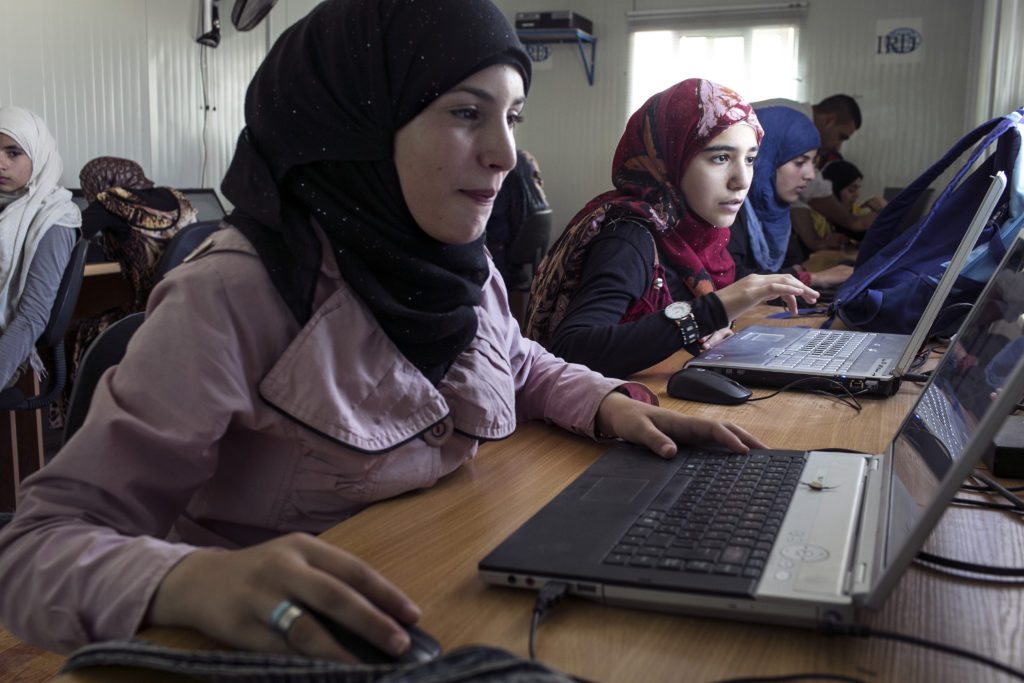
To support Australia for UNHCR’s work for refugees, visit www.unrefugees.org.au


